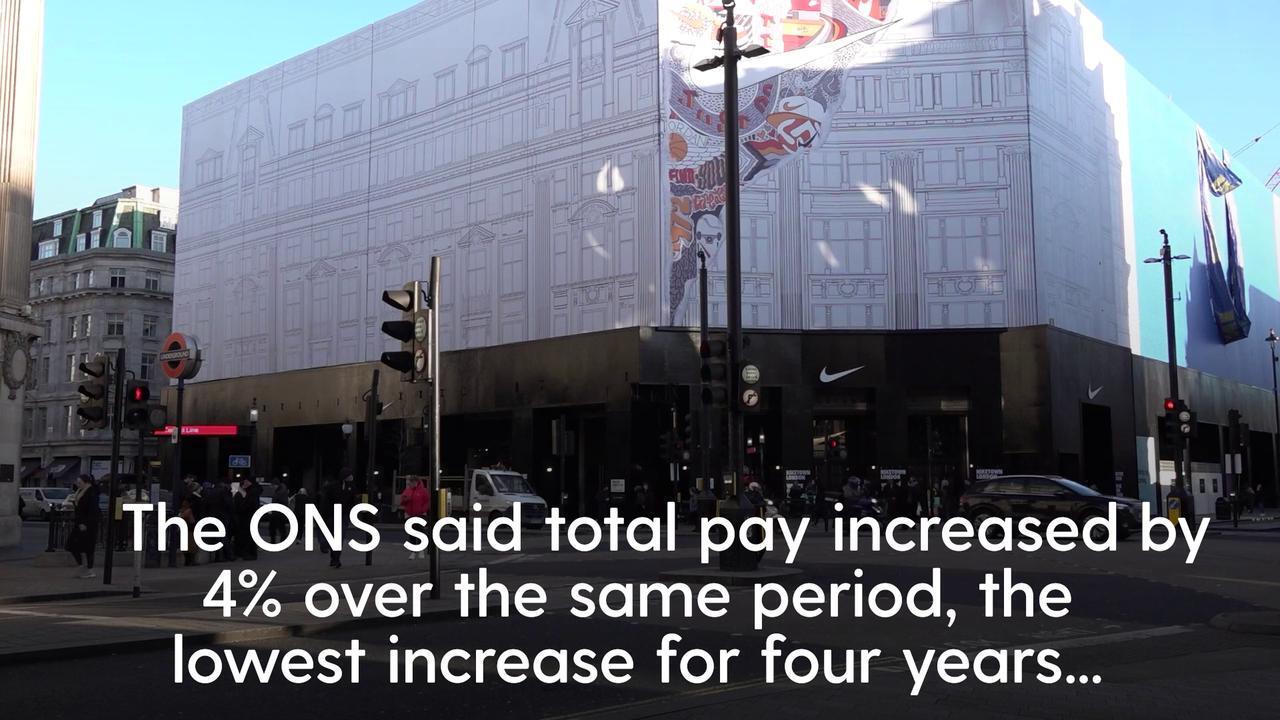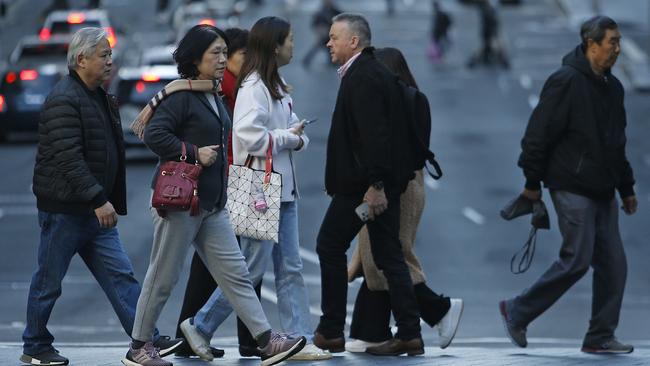Unemployment has increased, but not enough to tame inflation: RBA
While unemployment has risen and is forecast to continue to increase, it’s still no match for persistent inflation levels, the RBA’s chief economist says.

The Reserve Bank has warned unemployment is expected to rise but says the jobs market is still too strong and is fuelling inflation, dashing hopes of a pre-Christmas interest rate cut.
Stronger than expected employment is one of the reasons RBA governor Michele Bullock last month effectively ruled out cutting the cash rate from 4.35 per cent this year, despite a sharp slowdown in economic growth.
On Wednesday, the RBA’s chief economist Sarah Hunter said while the current unemployment rate has only reported a “modest increase” and is largely protected by high migration levels and population growth, it’s expected to “continue rising gradually”.
“If inflationary pressures appear persistent, it may suggest that there remains excess demand in the economy and labour market,” Dr Hunter told an economic forum.

As of July, unemployment increased to 4.2 per cent, after dropping to 30-year lows of 3.5 per cent in July 2022. Meanwhile, inflation remains above the RBA’s target 2 to 3 per cent.
“We also expect employment to continue to increase, but at a slower pace than population growth,” Dr Hunter said.
“In this view of the outlook, measures of under-utilisation – including the unemployment rate – are expected to continue rising gradually from here, before stabilising as the pace of growth in GDP picks up to be broadly consistent with the economy’s underlying trend pace of growth.”
She said the jobless is expected to grow as employers slow down or stop hiring.
“Various leading indicators, such as vacancies, are continuing to ease, suggesting further softening in the labour market from here,” Dr Hunter said.
Dr Hunter said some sectors, including health, education and public administration, had recorded “strong” employment growth.
“Our preliminary analysis of the healthcare sector, for example, suggests that it has drawn significantly from those who were outside the labour force or unemployed, while also bringing in some people previously employed in other industries,” she said.
She added Australia’s job market had remained resilient compared to peer economies, where the participation rate had decreased.
Dr Hunter attributed this to a “longer run trend towards greater female participation,” plus an increase in “employed people with multiple jobs”.
While the RBA’s main priority continue to be reducing inflation, with punishing 13-year high interest rates, it has tried to balance this to ensure unemployment levels don’t skyrocket and Australia’s economic growth remains positive.
Last week Ms Bullock warned the RBA needed to win its battle against inflation, saying entrenched high inflation would require “even higher interest rates” and lead to a “larger rise in unemployment and higher risk of recession”.

However she conceded current measurers were disproportionately affecting younger and lower-income households, with about 5 per cent of borrowers struggling with a “cash flow shortfall,” and prompting “quite painful adjustments” to their finances.
“This includes things like cutting back on their spending to the more essential items, trading down to lower quality goods and services, dipping into their savings or working extra hours. Some may ultimately make the difficult decision to sell their homes,” she said.
“A really important point to note here, is that lower income borrowers are over-represented in the group of people who are really struggling.”





